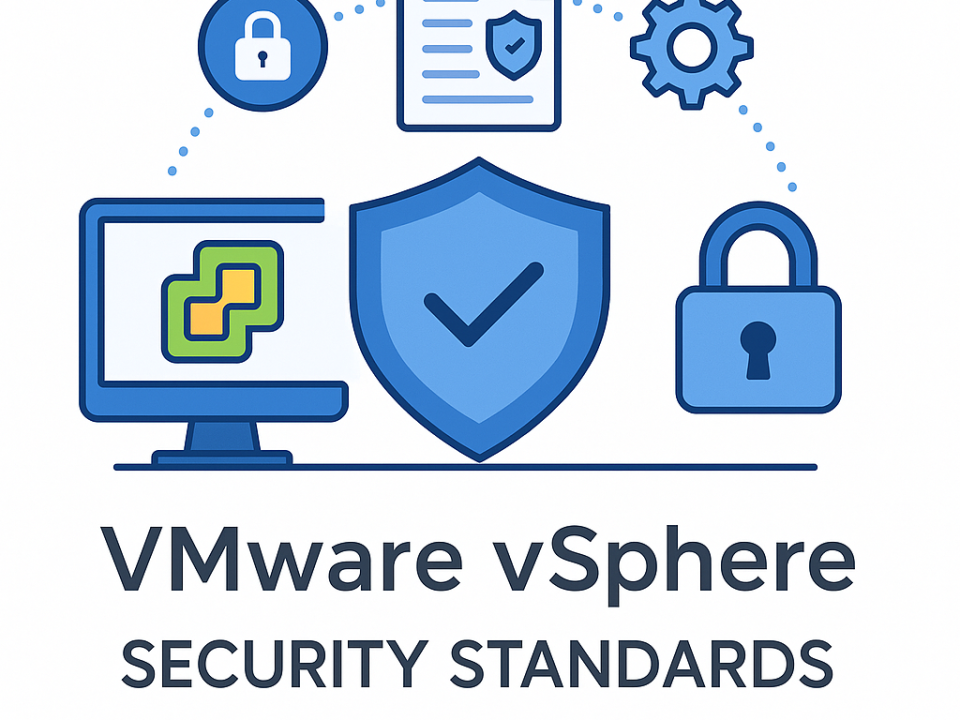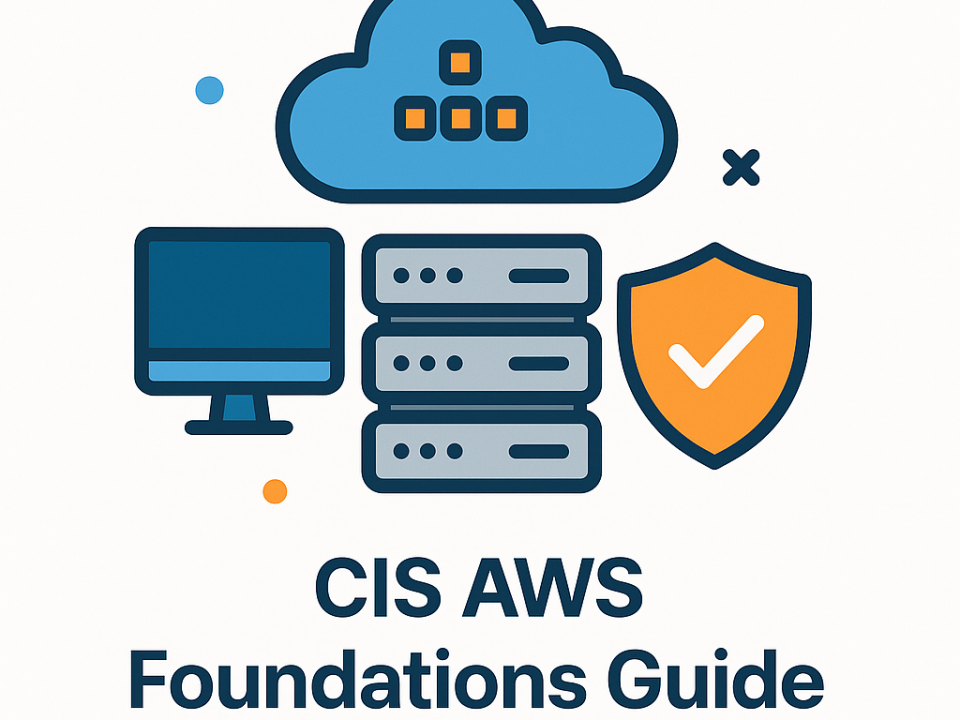
Mastering VMware vSphere Security Standards: Your Path to Cloud Confidence
June 11, 2025
Why Understanding a Security Framework Overview is Crucial for Your Career Success
June 11, 2025Mastering Oracle Database Security Benchmarks: A Guide for Business Professionals
In today’s digital landscape, data security is non-negotiable. With increasing breaches and cyber threats, organizations must prioritize safeguarding their databases, especially for systems as significant as Oracle databases. This post delves into what Oracle database security benchmarks are, why they matter, and how to implement them effectively to protect sensitive business data.
Understanding Oracle Database Security Benchmarks
Oracle database security benchmarks are a set of best practices and guidelines intended to enhance security measures for Oracle databases. They help organizations assess their security posture and implement necessary controls to mitigate risks and vulnerabilities.
Why Oracle Database Security Matters
As businesses increasingly rely on database management systems for operational success, the importance of security cannot be overstated. A breach can lead to data loss, financial repercussions, and damage to brand reputation. By adhering to Oracle database security benchmarks, companies can significantly reduce these risks.
Key Components of Oracle Database Security Benchmarks
Several key components make up the Oracle database security benchmarks. They include:
- User access controls
- Database encryption
- Regular security audits
- Monitoring and logging activities
- Vulnerability assessments
- Patch management
Implementing Strong User Access Controls
Limiting user access based on roles and responsibilities is crucial. By implementing role-based access controls, businesses can ensure that only authorized personnel can access sensitive data. This minimizes the risk of insider threats and potential data breaches.
Leveraging Database Encryption
To protect data at rest and in transit, encryption is key. Oracle provides advanced encryption options that help safeguard sensitive information. By encrypting data, even if it is compromised, it remains unreadable without the correct decryption keys.
The Importance of Regular Security Audits
Conducting regular security audits helps identify vulnerabilities and ensures compliance with the latest security protocols. These audits should cover all aspects of database security, from user access to data handling practices.
Monitoring and Logging Activities
Continuous monitoring and comprehensive logging of database activities are essential for detecting suspicious activities in real-time. By employing robust monitoring tools, businesses can proactively respond to potential threats before they escalate.
Conducting Vulnerability Assessments
Regular vulnerability assessments help organizations identify weaknesses in their database systems. By remediating these vulnerabilities promptly, risks can be mitigated effectively, ensuring overall database integrity.
The Role of Patch Management
Staying current with the latest Oracle database patches is fundamental. Timely patch management resolves security flaws that could be exploited by malicious actors. This ongoing maintenance is crucial to maintaining a secure environment.
Conclusion: Secure Your Oracle Database Today
By understanding and implementing Oracle database security benchmarks, business professionals can protect their organizational data from potential threats. Emphasizing security not only protects sensitive information but also fosters trust with customers and stakeholders. Start assessing your database security measures today and take proactive steps to ensure your business’s data security. Remember, a secure database is the foundation of operational excellence!







